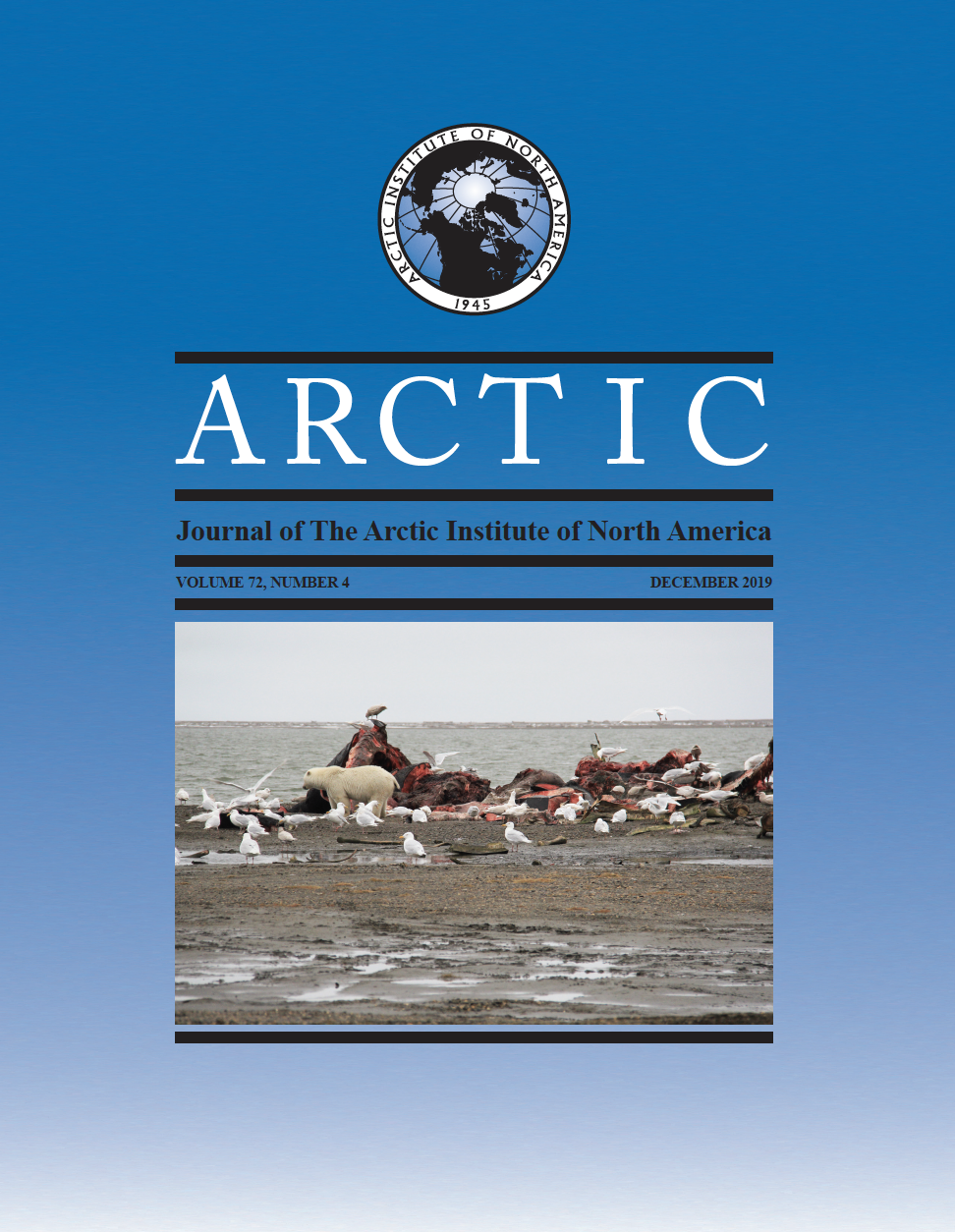Impacts of Road Dust on Small Subarctic Lake Systems
Ключевые слова:
road dust; water chemistry; regional warming; paleolimnology; diatom assemblagesАннотация
Arctic regions have been experiencing increasing pressures from multiple environmental stressors, most notably rapid climate change and human development. Previous research has demonstrated the impacts of calcareous dust from gravel roads on surrounding vegetation and permafrost, whereas aquatic systems have remained largely unstudied. Here, we explore whether 1) the chronic generation of dust from the 740 km long Dempster Highway has affected water chemistry and diatom assemblages in lakes in the Peel Plateau region of the Northwest Territories, and 2) accelerated regional warming has affected these lakes. A suite of 27 water chemistry variables was assessed from 28 lakes along a 40 m – 26 km distance from the highway. Paleolimnological analyses of biological proxies (diatoms, visible reflectance spectroscopy-derived chlorophyll-a, and an index of chrysophyte scales to diatoms [S:D]) were undertaken on dated sediment cores from two lakes near the highway and one lake situated far from the highway, outside the expected range of dust transport. Conductivity and calcium exhibited a wide range of measurements across our 28 sites; lakes within 1 km of the highway generally exhibited higher ions and related variables than more distant lakes. Analyses of diatom assemblages indicated that the two shallower sites near the highway underwent modest compositional changes over the past approximately 100 years, whereas changes recorded at the farther site were more pronounced. The diatom records, supported by chlorophyll-a and S:D indices, indicated that changes in both the near and far lakes were consistent with warming, with little discernable impact from road dust. Whilst chemical changes associated with the half-century old highway corridor appear clear, they are not yet of sufficient magnitude to elicit a directional biological response in algal assemblages.


